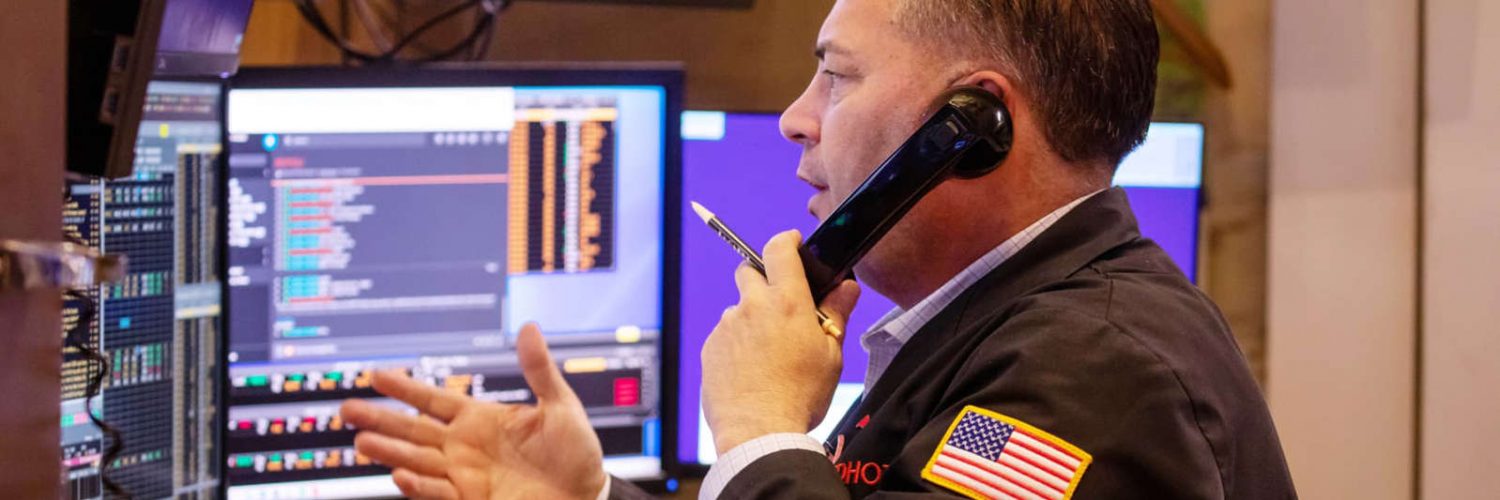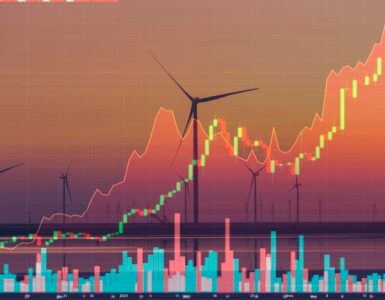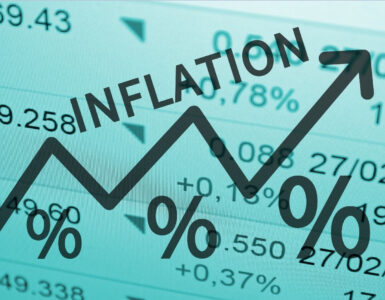Here are the most important news, trends and analysis that investors need to start their trading day:
- Dow, S&P 500 set to bounce after four sessions of losses
- Covid mortgage bailouts expiring fast, but foreclosure crisis unlikely
- Biden outlines plan to mandate Covid vaccines for millions
- China’s Xi, Biden hold second phone call of new U.S. administration
- Fed presidents Kaplan, Rosengren to sell individual stock holdings
1. Dow, S&P 500 set to bounce after four sessions of losses
U.S. stock futures bounced Friday after the Dow Jones Industrial Average and S&P 500 posted their fourth straight session of losses. The Nasdaq on Thursday saw its second down day in a row. All three stock benchmarks were tracking for negative weeks as concern persisted on Wall Street about the delta Covid variant’s impact on the economic reopening. As of Thursday, the Dow was 2% away from last month’s record close. The S&P 500 and Nasdaq were nearly 1% shy of their latest record closes earlier this month.https://products.gobankingrates.com/pub/84d1cf40-924a-11eb-a8c2-0e0b1012e14d
Investors are also questioning about how headwinds for the economy and rising inflation might play into the Federal Reserve’s decision on when to start tapering Covid-era bond purchases. The government is set to report its August producer price index at 8:30 a.m. ET. Economists expect a 0.6% rise following a 1% jump in July. The ex-food and energy core rate is also seen increasing 0.6%.
2. Covid mortgage bailouts expiring fast, but foreclosure crisis unlikely
Extraordinarily high levels of home equity, thanks to the recent runup in home prices, has struggling borrowers in a far better position now than they were at the start of the pandemic. The number of active mortgage forbearance plans, in which borrowers were allowed to delay their monthly payments for 18 months, fell by more than 5% from the previous week, according to a new report from analytics firm Black Knight. The drop was driven by August expirations. Down from a roughly 5 million borrower peak in May 2020, there are still 1.618 million in forbearance programs, or 3.1% of all outstanding mortgages.
3. Biden outlines plan to mandate Covid vaccines for millions
An exasperated President Joe Biden outlined a broad plan Thursday to boost Covid vaccination rates in the U.S., pressuring private employers to immunize their workforce as well as mandating shots for federal employees, contractors and health-care workers. The president’s moves were supported by the American Medical Association, the National Association of Manufacturers and the Business Roundtable. However, the Republican National Committee intends to sue the Biden administration over the mandate. Also Thursday, the Transportation Security Administration said it’s doubling fines for travelers who won’t follow federal mask mandates.
4. China’s Xi, Biden hold second phone call of new U.S. administration
Biden and Chinese President Xi Jinping on Friday spoke for the first time since February as tensions between the world’s two largest economies simmer. It was their second call between the leaders since Biden took office in January, as tensions between the world’s two largest economies simmer. A White House readout said that “the two leaders discussed the responsibility of both nations to ensure competition does not veer into conflict.” Chinese state media said Xi spoke of conditional opportunities for cooperation between the two countries on climate, Covid prevention, economic recovery, and major international and regional issues.
5. Fed presidents Kaplan, Rosengren to sell individual stock holdings
Fed regional presidents Robert Kaplan and Eric Rosengren said they will sell their individual stock holdings as questions swirled regarding trading in 2020. The Fed officials will sell all their stocks by the end of the month. They will put the proceeds in passive investments. Kaplan and Rosengren both pledged to not trade stocks while serving as Fed presidents. The announcements come after the Fed officials faced scrutiny surrounding investment activity in a year when central bank actions propped up financial markets during the Covid pandemic.
Source: MSN










